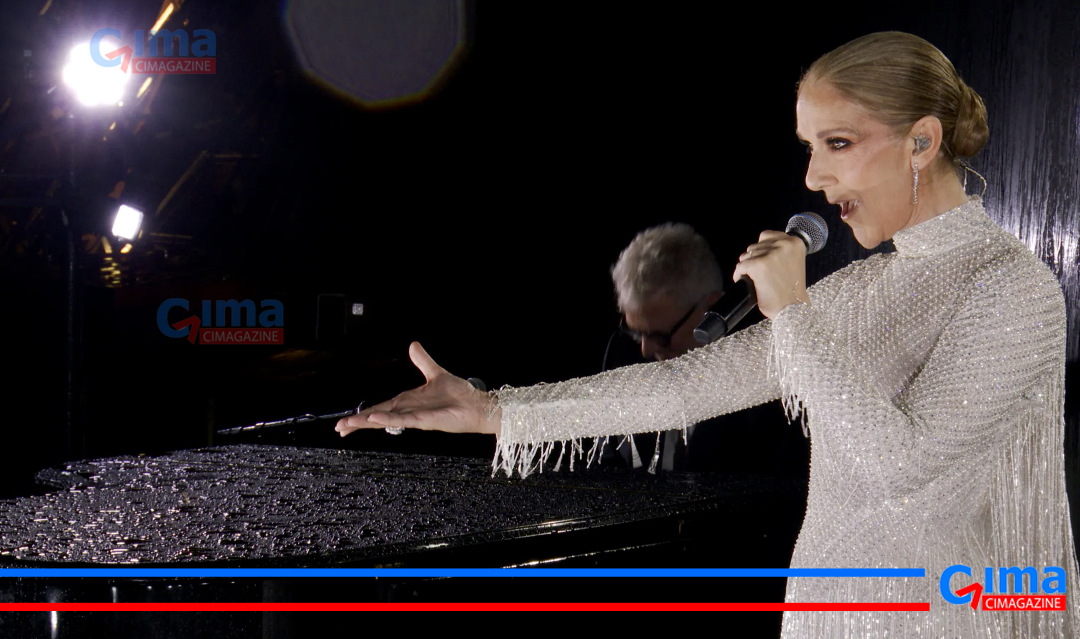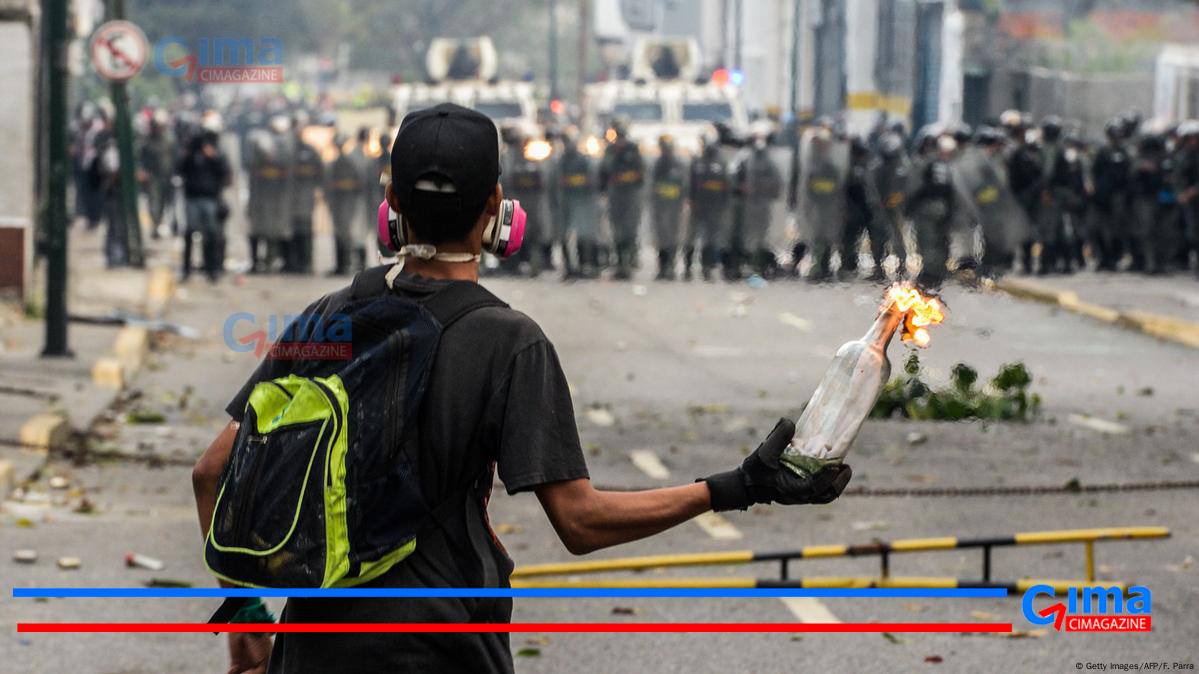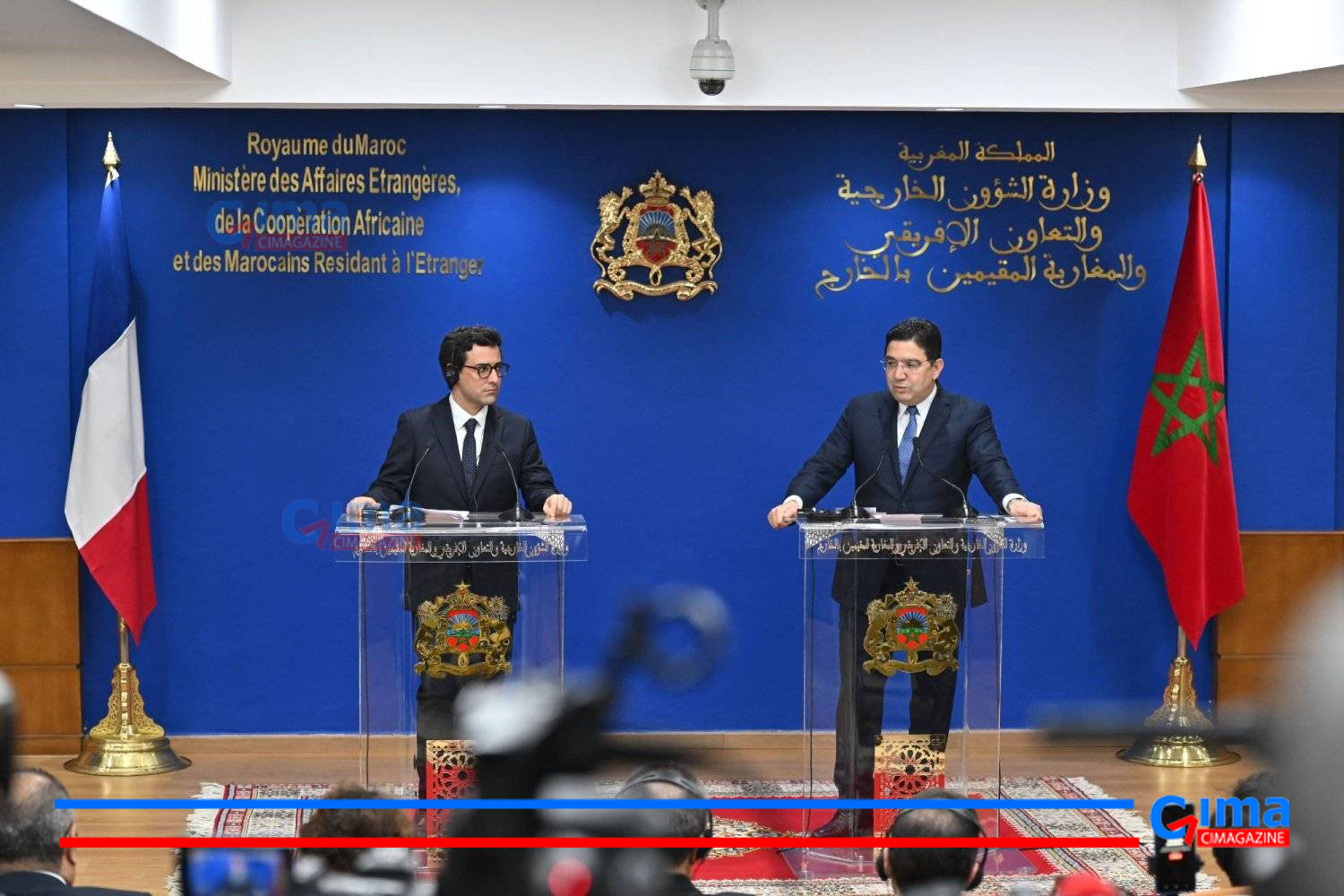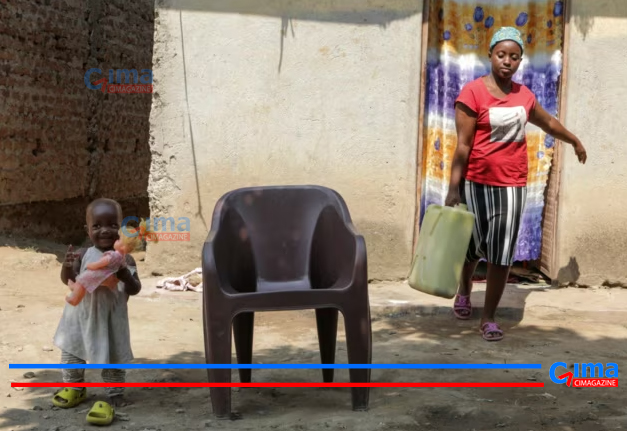Bandmates Mo Chara, Moglai Bap and DJ Provai started making music for fun. Now, as rap trio Kneecap they are playing shows around the world and drawing huge crowds - helping to lead a rise in people wanting to learn the Irish language along the way.
Kneecap rappers on their unlikely big-screen stardom: 'If we get an Oscar, we'll go to Cash My Gold'


"I feel sorry for all these people who've spent thousands of pounds going to drama school," muses Kneecap's DJ Provai. His bandmate Mo Chara finishes his sentence. "They must be raging after getting all their daddy's money - thirty grand for their diplomas, and we just mosey on in and maybe get nominated for an Oscar."
DJ Provai and Mo Chara are two thirds of the republican Irish-language rap trio Kneecap, the unlikely followers of musical greats such as Freddie Mercury, Sir Elton John and Whitney Houston as the focus of a big-screen music biopic. What's rare about this one is they play themselves, despite having no previous acting experience - and are seeing their story brought to cinemas as relative newcomers, rather than after decades of mainstream success. "We know we're very lucky because mostly [musicians] are dead whenever they get films made about them," says Chara. The band have smashed out of west Belfast and into headlines around the world - although not all positive. They were banned from Irish public service broadcaster RTE for their references to drug-taking, and criticised by some unionists and former British Tory government members for songs such as Brits Out (which they say is a tongue-in-cheek poke at government rule, not all British people - "it only meant British soldiers and the British state out of Ireland, to leave Ireland be in charge of its own affairs", says Chara).
Likened to Trainspotting, 8 Mile and 24 Hour Party People by critics, the film also stars Irish-German actor and Oscar nominee Michael Fassbender. It started really as a bit of fun the band hoped would be enjoyed by their ever-growing music fanbase.
Expectations have been surpassed. In January, Kneecap won the audience award at the Sundance Film Festival, an internationally recognised showcase for independent cinema; earlier this month, the film was named as Ireland's official submission for the best international feature film shortlist at the 2025 Oscars.
Kneecap goes to Hollywood?
"It gives the film real legitimacy, I think, for an international audience," says Chara. "We're obviously over the moon. I can't wait to go and see all the pissed-up celebrities, hopefully, if we get to the Oscars."
"Get the nice goody bag with the Rolex in it," jokes Provai. "And if we get the Oscar, take it back to Cash My Gold, get it melted down, make some Claddagh rings for our fans." On screen, on stage, and in interview, Kneecap play for laughs. But theirs is a serious story, one that encompasses the impact of the Troubles on the generation of "ceasefire babies", their desire for a united Ireland, a lack of opportunities for working-class people - or "low-life scum", as they are called in the film - as well as the campaign to have the Irish language recognised in Northern Ireland.Fewer than 6,000 people in the country speak Irish as their first language, according to the 2021 census. But numbers are rising, especially among younger people - and Kneecap and other artists and films that have brought the language to the fore in recent years have played no small part in this.
"We get loads of messages about it," says Chara, who is speaking to Sky News on Zoom from just outside Belfast, alongside Provai. The third member of their trio, Moglai Bap, could not make the call. But in fact, Chara says, Bap received a message about this very subject that morning, from an old friend now having a baby. After watching the film, the decision has been made to send the child to an Irish-speaking school.
The film's director Rich Peppiatt started taking classes himself after meeting the band. Earlier this month, Irish singer-songwriter Damien Dempsey said they had inspired him, too.
'People think it's a gimmick - it's not'
Chara says he feels happy to be having "any kind of effect" on future generations.
"I feel like it's a duty we all kind of have now to keep the language alive, considering the families in the west of Ireland never started speaking English, they continued to speak Irish against all odds."
"People think it's some kind of gimmick," adds Provai. "It's not, this is the daily language we use, it's how we communicate with each other." When they first decided to make music - "a good way to get free tickets to Glastonbury and Electric Picnic and [other festivals]" - not rapping in Irish was never a consideration, "because that's the way we live our lives".








